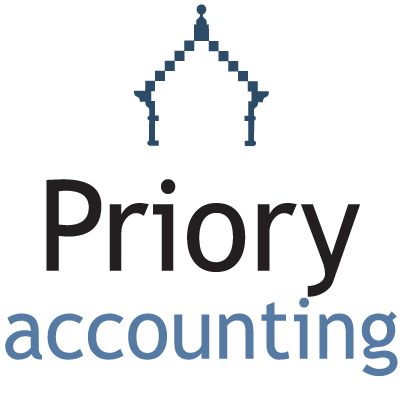Commercial Rents and help for Tenants during the Pandemic
High street shops and other companies under strain will be protected from aggressive rent collection and asked to pay what they can during the coronavirus pandemic, with temporary new measures introduced by the government. These include temporarily voiding statutory demands and winding up petitions issued to commercial tenants, and changes to the use of commercial rent arrears recovery (CRAR) facilities
The majority of landlords and tenants are working well together to reach agreements on debt obligations, but some landlords have been putting tenants under undue pressure by using aggressive debt recovery tactics. Is this affecting you? Then read on, please
The government will temporarily ban the use of statutory demands (made between 1 March 2020 and 30 June 2020) and winding up petitions presented from Monday 27 April, through to 30 June, where a company cannot pay its bills due to coronavirus.
The measures will be included in the Corporate Insolvency and Governance Bill set out earlier this month.
Government is also laying secondary legislation to provide tenants with more breathing space to pay rent by preventing landlords using CRAR unless they are owed 90 days of unpaid rent.
Many businesses, especially in hospitality, have no revenue whatsoever coming in, so paying rents has been out of the question for some. Hopefully, these measures will allow businesses to survive and to find a way to work with landlords.
Under the measures, any winding-up petition that claims that the company is unable to pay its debts must first be reviewed by the court to determine why. The law will not permit petitions to be presented, or winding-up orders made, where the company’s inability to pay is the result of Covid-19.
The new legislation to protect tenants will be in force until 30 June and can be extended in line with the moratorium on commercial lease forfeiture.




